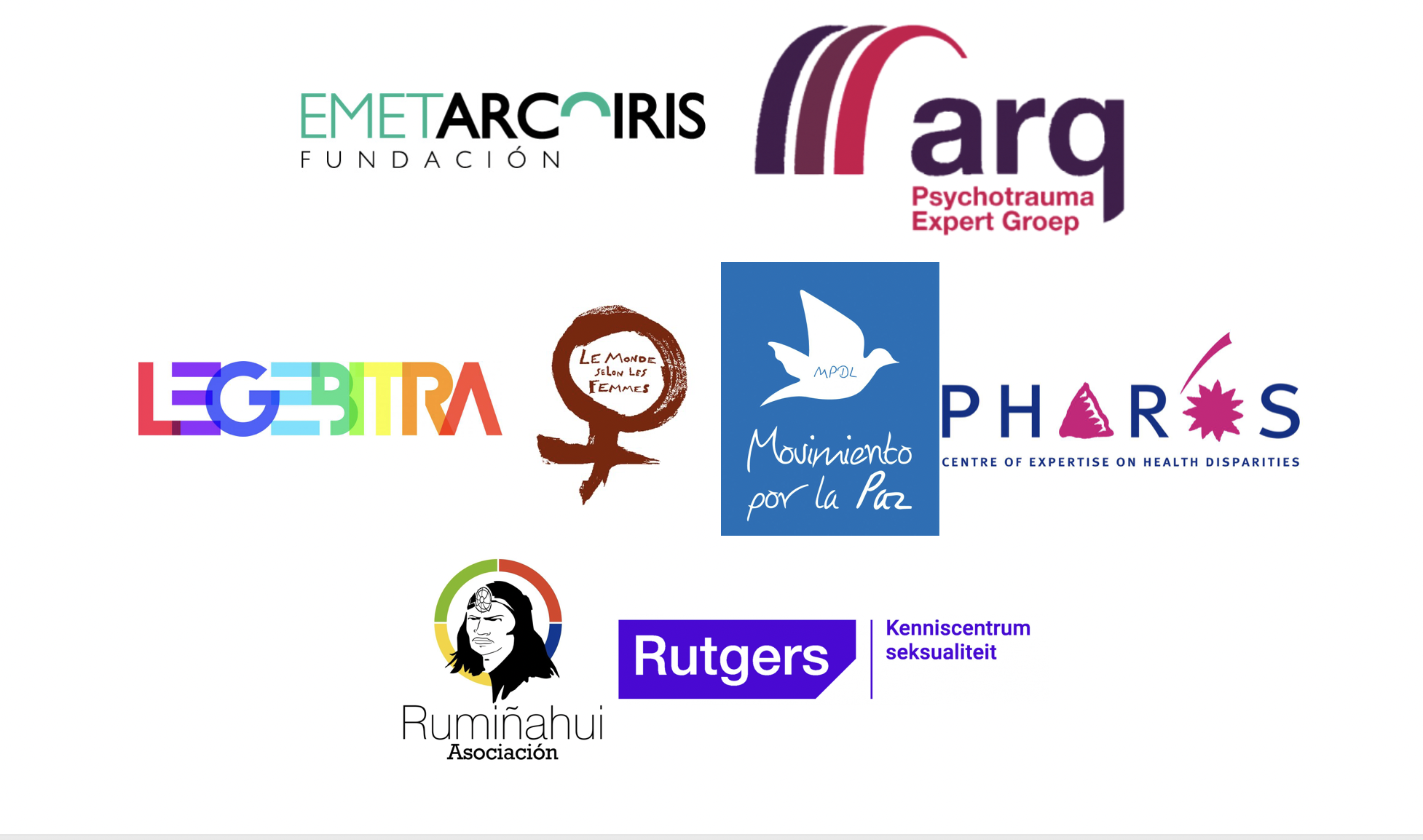-
Who We Are
WHO WE AREThe International Organization for Migration (IOM) is part of the United Nations System as the leading inter-governmental organization promoting since 1951 humane and orderly migration for the benefit of all, with 175 member states and a presence in over 100 countries. IOM has had a presence in Bulgaria since 2000.
About
About
IOM Global
IOM Global
-
Our Work
Our WorkAs the leading inter-governmental organization promoting since 1951 humane and orderly migration, IOM plays a key role to support the achievement of the 2030 Agenda through different areas of intervention that connect both humanitarian assistance and sustainable development. Across Bulgaria, IOM assists the development of national mechanisms to combat and counteract trafficking in human beings and supports victims of trafficking.
Cross-cutting (Global)
Cross-cutting (Global)
- Data and Resources
- Take Action
- 2030 Agenda
The PROTECT - Preventing sexual and gender-based violence against migrants and strengthening support to victims project is funded by the European Union’s Rights, Equality and Citizenship Programme 2014-2020.
Sexual and gender-based violence (SGBV) is a prevalent human rights violation both globally and on the European level. SGBV has both physical and psychological forms, it includes domestic violence, sexual harassment and violence, harmful traditional practices, exploitation and trafficking in human beings. Women and men, girls and boys and LGBTQI people can all become victims of such violence.
The overall objective of the project is to strengthen the capacities of existing national support services for sexual and gender based violence to coordinate better and make these systems available for refugee, migrant and asylum seeker victims and potential victims of SGBV. The project also aims to raise awareness among and empower these communities.
The project is implemented by 12 IOM country offices (Belgium, Bulgaria, Croatia, Greece, Hungary, Ireland, Italy, Malta, the Netherlands, Poland, Slovenia and Spain) and eight NGO partners, Legebitra (Slovenia), Le monde selon les femmes abl (Belgium), Fundación EMET Arco Iris, Asociación Rumiñahui, Movimiento por la Paz (Spain), Arq Psychotrauma Expert Groep, Rutgers, and Pharos (Netherlands) between October 2018 and March 2020.
The project has the following specific objectives and activities that will be implemented during its 18-month project cycle. Most of the activities will be tailored to specific national context.
- Strengthen and adapt existing national support services for sexual and gender-based violence (SGBV) to coordinate better and include refugees, migrants and asylum-seekers.
- Build capacity for professionals who work with and for refugees, migrants and asylum-seekers with the aim of identifying and addressing the needs of victims and potential victims of SGBV more effectively.
- Empower and inform refugee and migrant communities and asylum-seekers of SGBV and its prevention through a regional awareness-raising campaign.
By the end of the project the following outputs will be produced:
- SOPs/Guidelines developed / reviewed / contributed to in 8 countries
- Empowerment Handbook (Bulgaria)
- 120+ trainings organized in 12 countries
- 13 000+ information materials distributed
- 200+ information session organized on SGBV prevention
- 1 animation film available in +20 languages
Status: COMPLETED
Start date: 01 October 2018
End date: 31 March 2020
Term of implementation: 18 months
For further information, please contact: +359 2 93 94 774
Read more about the project on the website of the Regional Office for the European Economic Area, the European Union and NATO here.
IOM Bulgaria organized three trainings within the framework of the project, for a total of 60 first responders, specialized and general service providers. You can find the training materials here [BG only].
You can find the poster for the project in English here.
You can find the brochures for the project in five languages here: English, Arabic, Kurdish, Pashto and Dari.
You can find the videos for the project in five languages here: English, Arabic, Kurdish, Pashto and Bulgarian.
Project Partners
